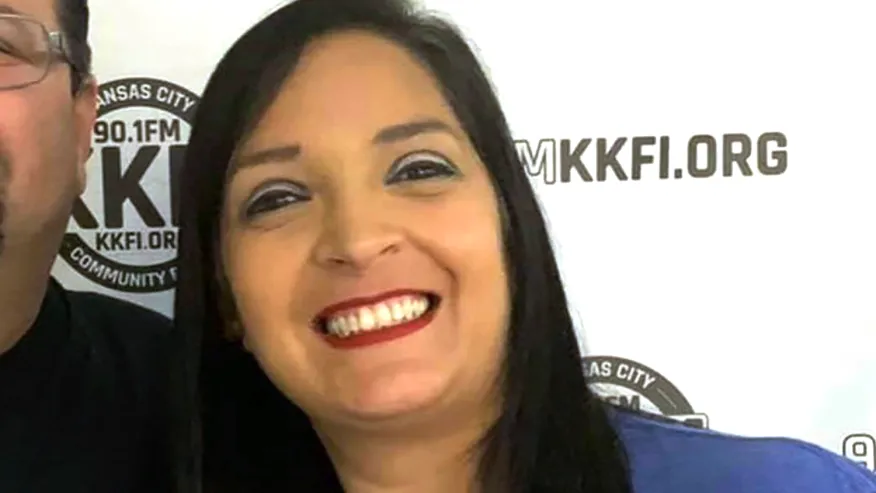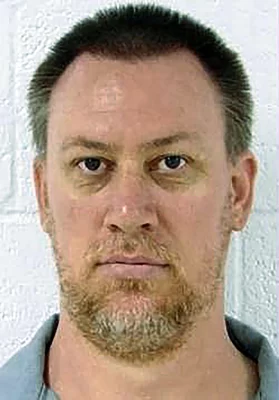
KANSAS CITY, Mo. — The man accused of firing the first shots at the Kansas City Chiefs Super Bowl rally told authorities he felt threatened, while a second man said he pulled the trigger because someone was shooting at him, according to court documents.
Experts say that even though the shooting left one bystander dead and roughly two dozen people injured, 23-year-old Lyndell Mays and 18-year-old Dominic Miller might have good cases for self-defense through the state’s “stand your ground” law.
Missouri is among more than 30 states that have adopted some version of stand your ground laws over the past two decades, said Robert Spitzer, a professor emeritus of political science at the State University of New York, Cortland, whose research focuses on gun policy and politics. While earlier laws allowed people to use force to protect themselves in their homes, stand your ground provides even broader self-defense rights regardless of the location.
Now, the mass shooting at the Kansas City Chiefs Super Bowl celebration could be a new test of those expanded protections, and comes as self-defense already is at the center of another high-profile Kansas City shooting that left Ralph Yarl wounded.
“This illustrates in a dramatic way the fundamental problem, especially when it’s a public gathering where there are thousands and thousands of people, and even a highly trained police officer often cannot avoid injuring others in a gunfire exchange in a public place,” said Spitzer, who wrote the book “Guns Across America: Reconciling Gun Rules and Rights.”
Trial attorney Daniel Ross described the stand your ground law as a “formidable defense” that he and many other Kansas City defense attorneys anticipate will be used in Mays’ and Miller’s cases. He said the law puts the onus on the prosecution to disprove claims that a shooting is lawful self-defense.
“Collateral damage under Missouri law is excused if you’re actually engaged in lawful self-defense and there’s other folks injured,” he said.
There are limits to the defense, however, said Eric Ruben, a law professor at the S.M.U. Dedman School of Law in Dallas who has written on stand your ground and self-defense immunity.
“Even though Missouri has robust stand-your-ground laws, that doesn’t mean you can spray bullets into a crowd in the name of defending yourself or others,” Ruben said.
The barrage of gunfire Feb. 14 outside Kansas City’s historic Union Station happened as the celebration that drew an estimated 1 million fans was concluding. A woman died while watching the rally with her family, and nearly two dozen others — more than half of them children — were injured and survived.
Kansas City already was grappling with the shooting of Yarl, a Black teenager, who survived a bullet wound to the head when he went to the wrong house in April 2023 to pick up his brothers. Andrew Lester, an 85-year-old white man, is planning to claim self-defense when he goes to trial in October. His attorney said the retiree was terrified by the stranger on his doorstep.
While the Super Bowl celebration shooting was a far different scenario, it raises anew questions about how far people can go to protect themselves and what happens when the innocent become victims.
Mays and Miller are each charged with second-degree murder and other counts.
Probable cause statements suggest that both men felt threatened. Mays said he picked out one person in a group at random and started shooting because they said, “I’m going to get you,” and he took that to mean, “I’m going to kill you,” the statement said.







